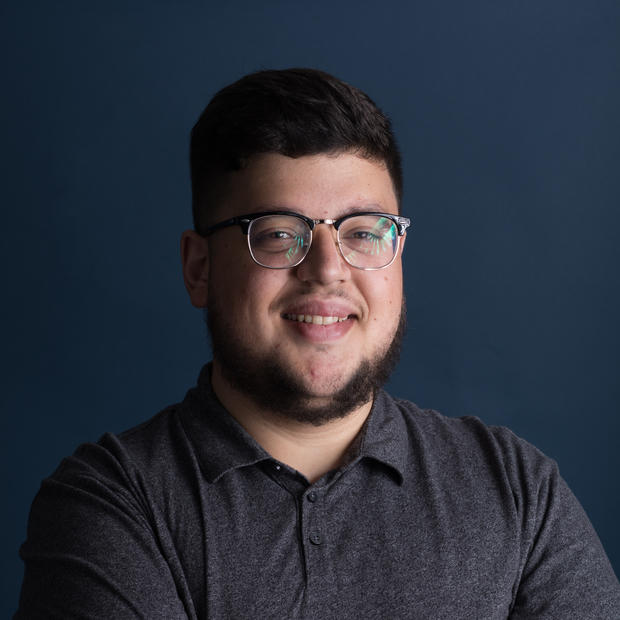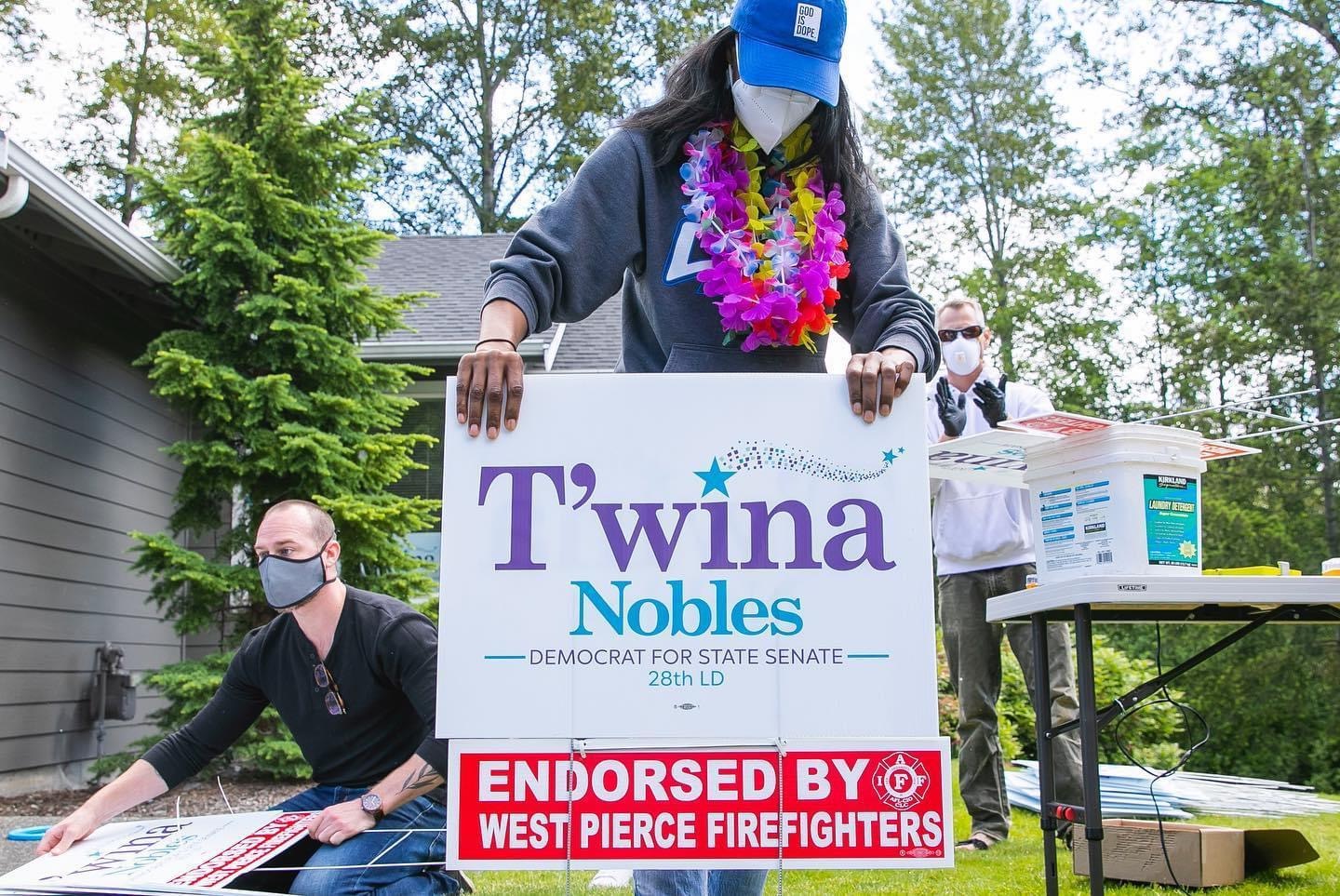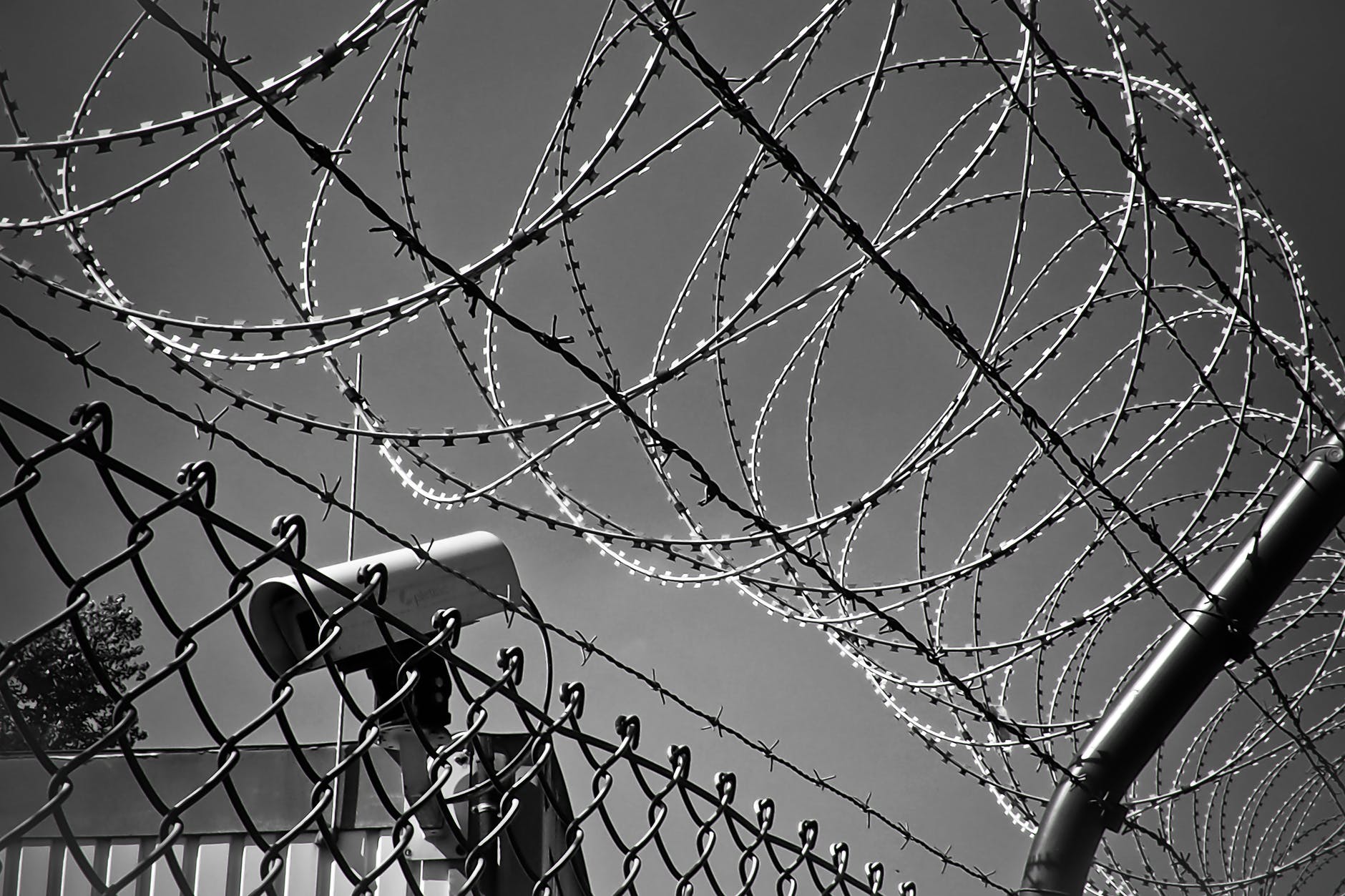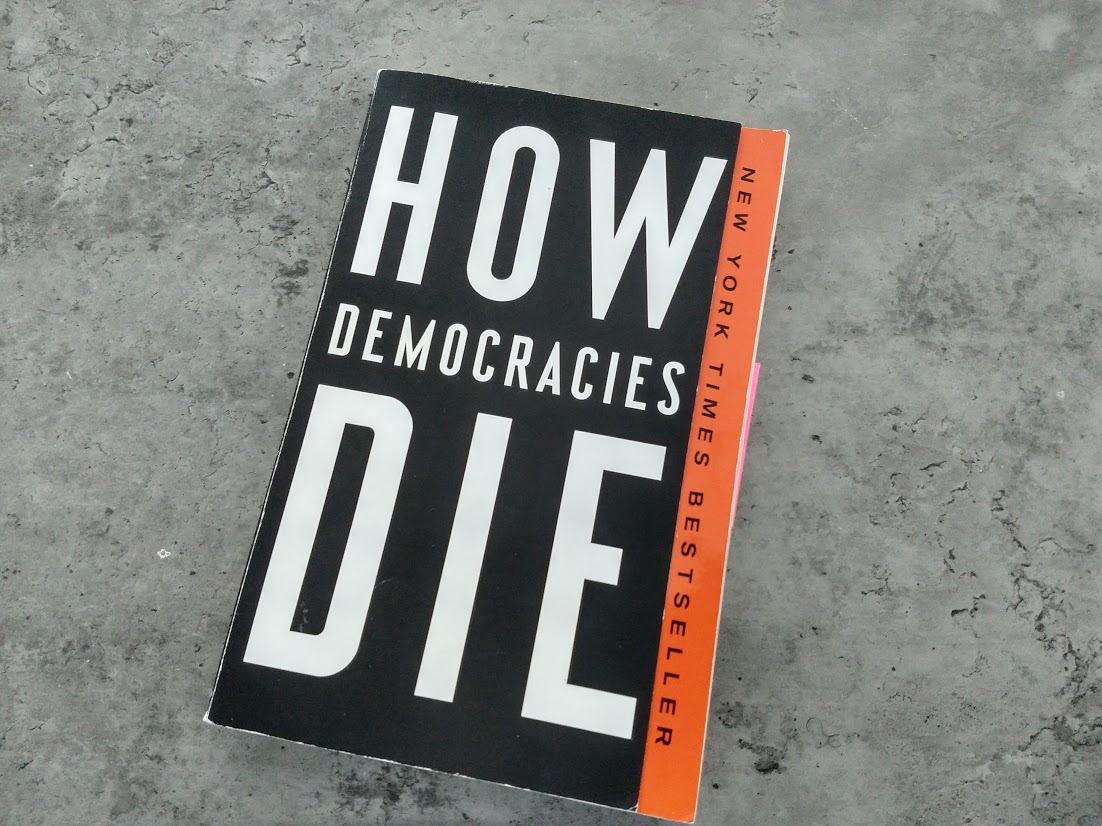Mohammed Kloub is the engagement editor at Crosscut, a Seattle based news outlet, in partnership with KCTS 9. Moh, who previously held a similar position at the Seattle Times Education Lab, is one of the most interesting journalists in the Seattle media scene and is razor sharp with his commentary, puns, and GIFs.
In this episode, we talked about media objectivity. In the pursuit of “objectivity” many media outlets elevate fringe or extreme perspectives. We’ve seen this time and time again with climate change denial, platforming violent white supremacists, and the publishing of the recent Tom Cotton op-ed in the New York Times.
In the back half of the show we batted around the recent open letter in Harper’s, the debates over “cancel culture” (heretofore public accountability), and the alleged free speech crisis in the US.
In place of the wind-down, we awarded the inaugural “Here, Hold this ‘L’ Award” but you have to listen to see who earned the prize.
The Socials
Coming Up
- Next Nerd Farm Reads: My Name by Chanel Miller
The Nerd Farmer Podcast is available on iTunes, Spotify, Stitcher, and Google Play and is brought to you by Alaska Airlines and TAPCO Credit Union
Please consider supporting the podcast by joining Channel 253 as a member
Podcast: Play in new window | Download
Subscribe: Apple Podcasts | RSS










